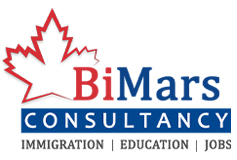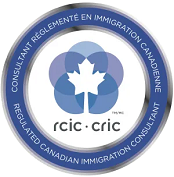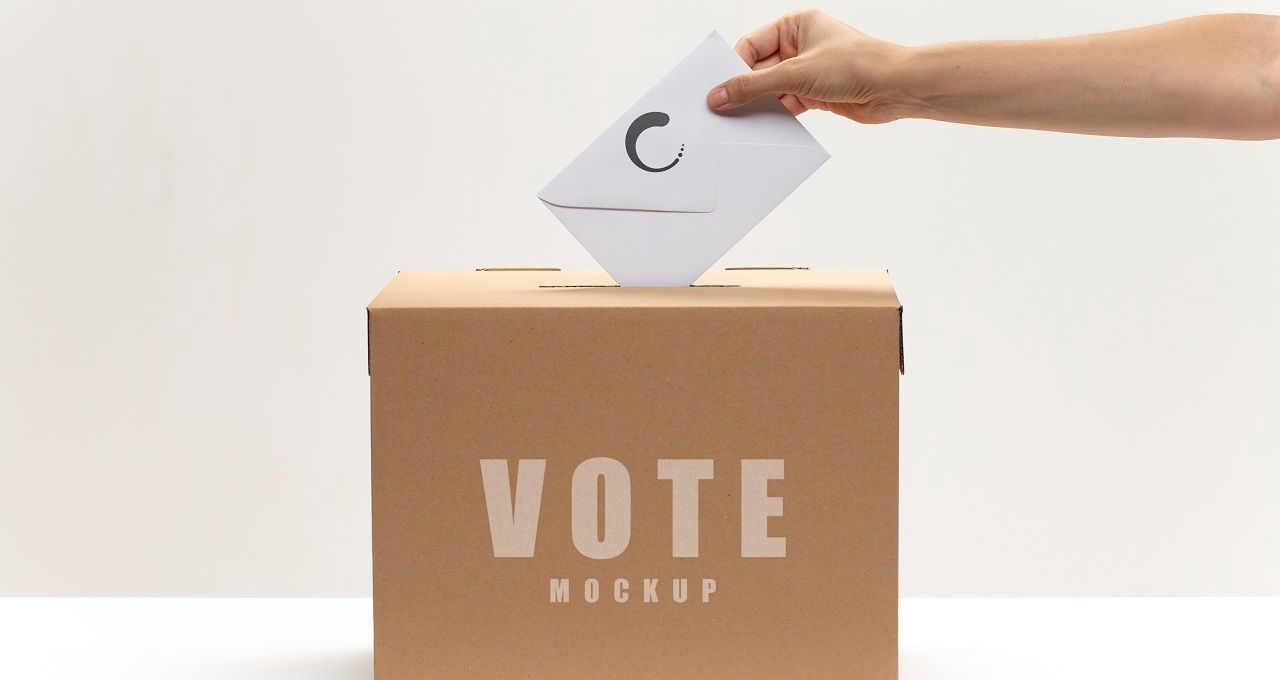How Canada’s electoral machine works
A piece of information to Canadian elections for first-time and future voters. Canada will be in a national election on September 20, 2021. On election day, everyone who is a Canadian citizen and is 18 years old or older can run for or vote in the House of Commons.
This is one of the few privileges that residents experience however that everlasting residents (PRs) do not. However, PRs who can’t vote can nevertheless take part in different ways, such as volunteering with campaigns.
How do Canadians vote?
The vote is through a secret ballot. Canadians can vote for one candidate in their riding, and the candidate who receives the most votes turns into the Member of Parliament (MP). They do no longer vote without delay for the Prime Minister.
The make-up of Parliament will determine who succeeds the election. Almost always, the birthday party with the most seat varieties the government, and its chief turns into the Prime Minister.
Canada is divided into special electoral districts known as “ridings.” Each province or territory has at least one riding. The common driving has about 75,000 human beings who can vote, recognised as electors. The increased a province’s population, the extra ridings it will have.
In the 2021 national election, there are 338 ridings.
What is first-past-the-post?
Canada has a first-past-the-post vote casting system. In distinction to balloting structures the place voters rank candidates, Canadians solely vote for one candidate per ballot. The applicant with the most votes succeeds.
This machine can lead to some uncommon results. For example, one birthday celebration may get the most famous votes common however stop up with fewer seats than another. This passed off in the 2019 Federal Election. The Conservatives obtained over 200,000 greater votes than the Liberals. But, the Conservatives wound up with solely 121 seats, whilst the Liberals acquired 157. This is due to the fact the Conservatives gained many ridings via landslides, whilst the Liberals frequently gained ridings with slender margins.
First-past-the-post potential additionally that a birthday party can acquire away much less than 50% of the vote however nevertheless acquire greater than 1/2 of the seats. This took place in the 2015 Federal Election. That contest saw the Liberals get hold of 39.5% of the vote nationally however 54.4% of seats in Parliament.
It is the governor general’s job to determine which celebration chief can shape an authority and ask that character to do so. Almost always, this individual will be the chief of the birthday celebration that wins the most seats.
If one celebration wins greater than half of all seats, they have a majority in Parliament. The end result is that they can govern except assist from any different party. If no single birthday celebration wins a majority of the seats, then the authorities will be a minority government. In this case, the biggest celebration will commonly structure a formal or casual coalition with one or extra smaller parties. The events will negotiate and make deals. For example, the large birthday celebration may additionally agree to undertake some of the smaller party’s insurance policies or consist of some contributors to the smaller birthday celebration in the Cabinet. The smaller birthday celebration will then assist the large birthday party with the aid of both vote casting for it or abstaining, which ability balloting neither for nor in opposition to it.
Even a minority parliament generally produces a government. Voters and events frequently do no longer choose to go proper returned to every other campaign, even if they are now not blissful with the current results. Campaigns are draining for all concerned heads, applicants, and citizens.
How frequently do elections occur?
Federal regulation states that a parliament can keep an election at least each and every 4 years. There are additionally different methods they can occur.
The Prime Minister may also ask the governor universal to dissolve Parliament and name an election. This is what Justin Trudeau did formerly this month.
The Parliament might also additionally determine that it has misplaced self-assurance in the government. In Canada, the vote on the annual federal finances is regarded as a vote of confidence. If the authorities lose a self-assurance vote, the Parliament is dissolved and an election occurs. The 2011 Federal Election resulted from the Conservative Government dropping a self-assurance vote, even though no longer one on a budget. Ironically, the Conservatives were re-elected and formed a majority government as a result of this election.
Criticisms and reward of first-past-the-post
There are many opinions about Canada’s electoral system. Some human beings suppose it is unfair due to the fact it favours positive events over others.
A birthday celebration might also get many votes in a riding, however will ‘waste’ any votes above these it wants to come first. This capability of a celebration can win majority authorities notwithstanding having fewer votes.
Also, a celebration that is well-concentrated can attain extra seats than it would if seats had been awarded proportionally. For example, there is the Bloc Québécois, a birthday party that advocates Quebec setting apart from Canada. As expected, the Bloc solely runs candidates in Quebec. In the 2008 Election, the celebration gained almost 16% of the seats in Parliament notwithstanding much less than 10% of Canadians balloting for it. The contrary is of course true, too. In 2019, the New Democratic Party (NDP) bought nearly 16% of the vote however much less than 8% of the seats.
Others accept as true with the present-day machine is the fantastic one available. It ensures a broad range of voices are represented, and favours events that have broad, countrywide attraction forming the government. The driving gadget additionally leaves every Canadian citizen with a precise using and MP thru which to specific themself.
In 2015, Justin Trudeau had vowed that if the Liberals won, they would then trade the electoral system. Specifically, he promised that 2015 would be the final election fought underneath first-past-the-post. After he grew to become top minister, Trudeau set up a Parliamentary committee to seem to be into choices to the contemporary system. The committee heard from many everyday Canadians as properly as experts. Its remaining document encouraged Canada to keep a referendum on a new gadget that would be based totally on proportional representation. However, the Trudeau regime determined to abandon this proposal. Instead, it retained the first- first-past-the-post system.



